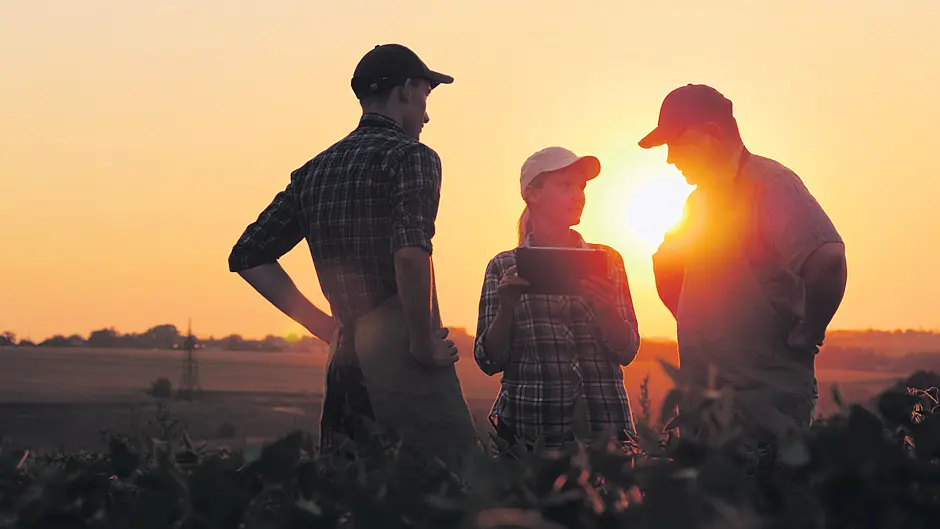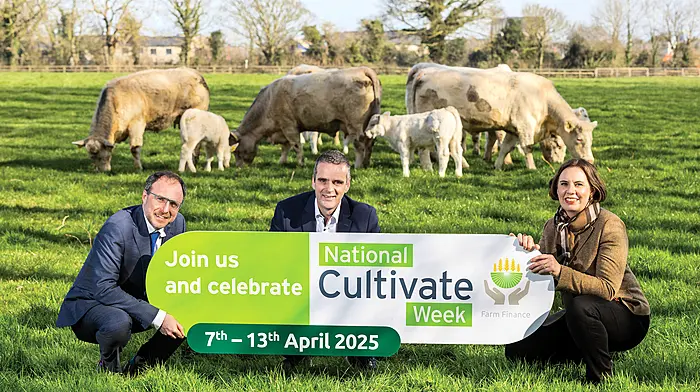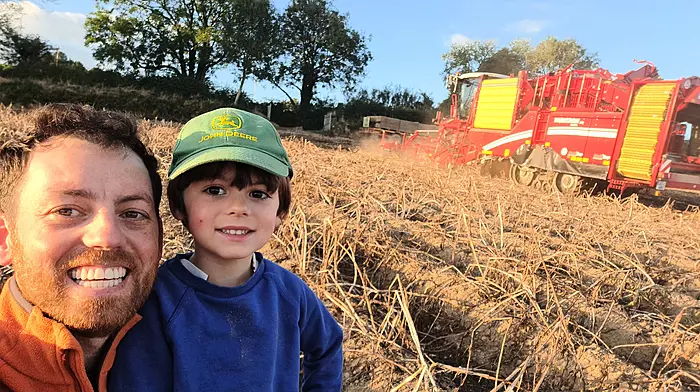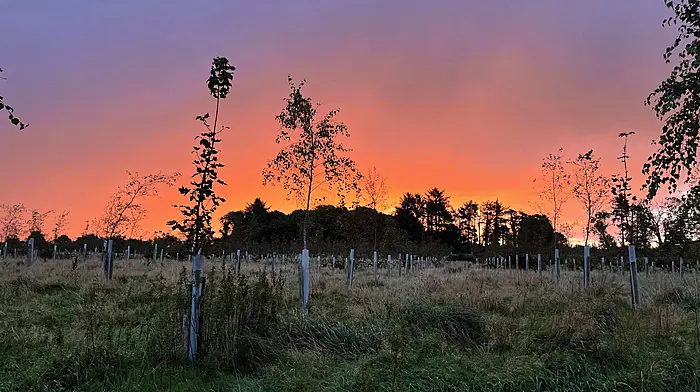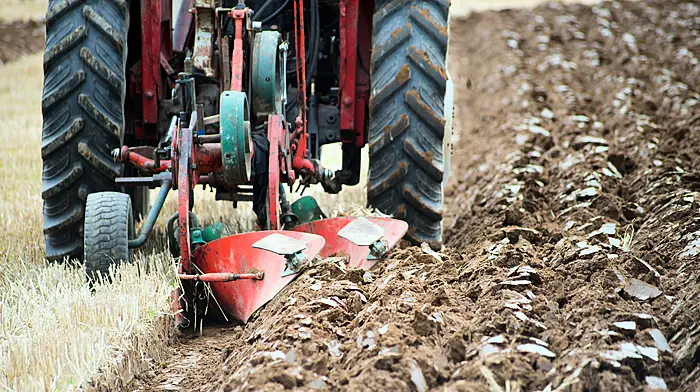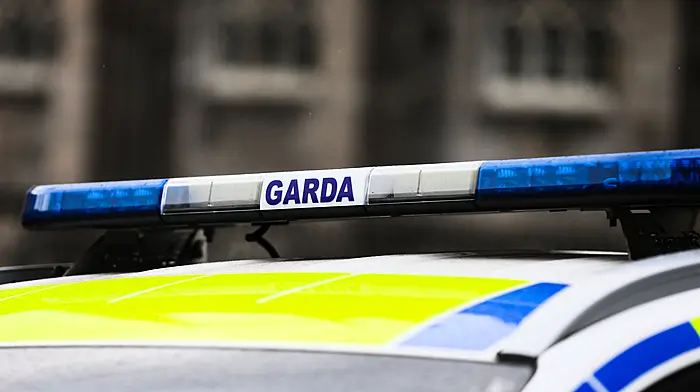I AM a farmer but I’m finding it hard to manage on the income from farming. What social welfare schemes can help?
You may be eligible for Farm Assist, a weekly means-tested payment for low-income farmers.
How do I qualify for Farm Assist?
To qualify for Farm Assist, you must be a farmer farming land in Ireland, aged between 18 and 66, and you must pass a means test. There is an online calculator for Farm Assist is on the IFA website www.ifa.ie which will help you work out whether you are eligible for Farm Assist. You are considered a farmer, if you farm land that you own or lease and that you use for the purpose of husbandry (working the land with the aim of taking produce from the land). It is not sufficient for a person simply to own a farm of land.
How much is Farm Assist?
The maximum rate of Farm Assist is €220 per week. There are also increases for:
• An adult dependant (€146)
• Child dependants under 12 (€42 full-rate, €21 half-rate)
• Child dependants 12 and over (€50 full-rate, €25 half-rate)
How are my means assessed for Farm Assist?
All your sources of income are assessed in the means test, including cash income, capital (the first €20,000 of which is not taken into account), and maintenance paid to you.
The means test includes income from the farm and off-farm self-employment, farm schemes and direct payments, leasing of land, and other employment. Only some of your income (70%) is assessed and there are disregards if you have children and if you are on certain farming schemes. Your income from farming is assessed as gross income that you, your spouse, civil partner, or cohabitant may be expected to receive minus any expenses you incur to earn that income. Your income from the previous 12 months is used to assess your likely future earnings. However, it is not simply assumed that your previous year’s earnings will be repeated the following year as farmers can have significant variations in income from year to year.
What other documents are needed?
When you apply for Farm Assist, a social welfare inspector will call to see you and ask to see various documents – for example, accounts prepared for tax purposes, creamery returns, cattle registration cards, details of headage payments and area aid. They will also want information on the sale of crops, cattle, milk and other produce. The inspector will then assess the costs actually and necessarily incurred in connection with the running of the farm. These costs may include rent, annuities, the cost of inputs like feed and fertiliser and the depreciation of farm machinery. Labour costs are taken into account, with the exception of the labour of the farmer and their spouse, civil partner or cohabitant. You are entitled to receive a copy of this farm income calculation. If you or your spouse, cohabitant or civil partner has other income from self-employment, this is also
assessed, taking into account the costs incurred in the business. The income from farming and other forms of self-employment is added together and the costs involved are deducted.
Will I qualify for Farm Assist if I have my land leased out?
If you have leased part of your land, the income from the leasing is assessed in full. None of it is disregarded. If you have leased all your land, you are not eligible for Farm Assist.
How do I apply for Farm Assist?
To apply for Farm Assist, you should complete the application form, which you can download or pick up from your local Citizens Information Centre or Social Welfare Office.
Are there any additional benefits available to people in receipt of Farm Assist?
There are some extra supports which may be available to you are getting Farm Assist, depending on
your circumstances such as:
• Fuel Allowance - a payment to help with the cost of heating your home during the winter
• A medical card - many farmers qualify for medical cards even if they are not getting a social welfare payment ( apply on the medical card form or online on www.medicalcard.ie
• Back to School Clothing and Footwear Allowance
• The Rural Social Scheme
What is the Rural Social Scheme?
The RSS is aimed at low-income farmer and fishermen/women. In the scheme, you get a ‘top-up’ payment in return for providing services to the community.
Work under the scheme can include maintaining walking routes and bog roads, social care and care of older people, community care for pre-school and after-school groups.
How many hours would I have to work?
You work 19.5 hours per week. These hours are based on a farmer-friendly schedule so participation in the scheme does not affect your farming activities.
Who qualifies to go on the Rural Social Scheme?
To qualify for RSS you must either be getting Farm Assist or be actively farming and getting another social welfare payment, such as Jobseekers Allowance or Disability Allowance. To prove you are actively farming you must provide confirmation of your application for the Basic Payments Scheme for the current year and a valid herd number. If you are eligible but do not wish to participate in RSS, your dependent spouse, civil partner or cohabitant can take the available place.
If you are a child/sibling of a herd number owner and can certify you are resident and/or working on the farm and are getting one of the qualifying social welfare payments, you may be eligible to participate in RSS on the basis of your parent’s/sibling’s herd number.
What is the rate of payment for the Rural Social Scheme (RSS)?
The rates of payment for new participants on RSS depends on your qualifying DSP payment. The minimum weekly payment increased to €247.50 in January 2023.
If the actual social welfare payment (including dependants) you were getting is €220 a week or less, then you will get the minimum RSS weekly rate of €247.50 (that is €220 plus €27.50). If your actual weekly social welfare payment (including dependants) was €220.01 or more, then you will get the equivalent rate plus €27.50.
Does a person who is farming have entitlement to any other Social Welfare payments?
A self-employed farmer usually pays Class S PRSI
These Class S contributions cover you for a limited number of payments.
• Maternity benefit
• Adoptive benefit
• Paternity benefit
• Widow’s, widower’s or surviving civil partner’s contributory pension
• State Pension Contributory
• Treatment benefit scheme
• Invalidity Pension
You should contact your local Citizens Information Service to clarify the eligibility criteria for each of these benefits.

